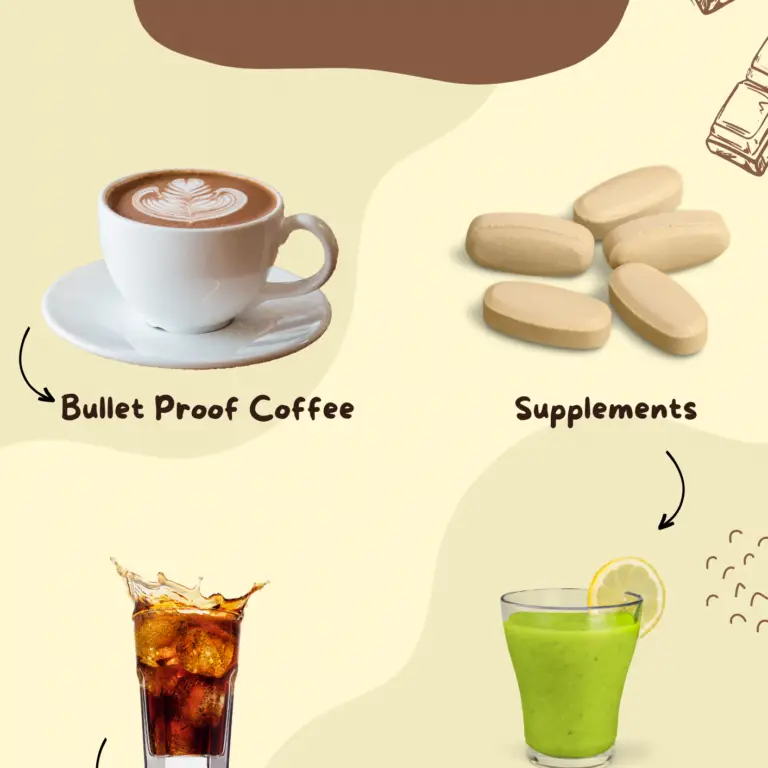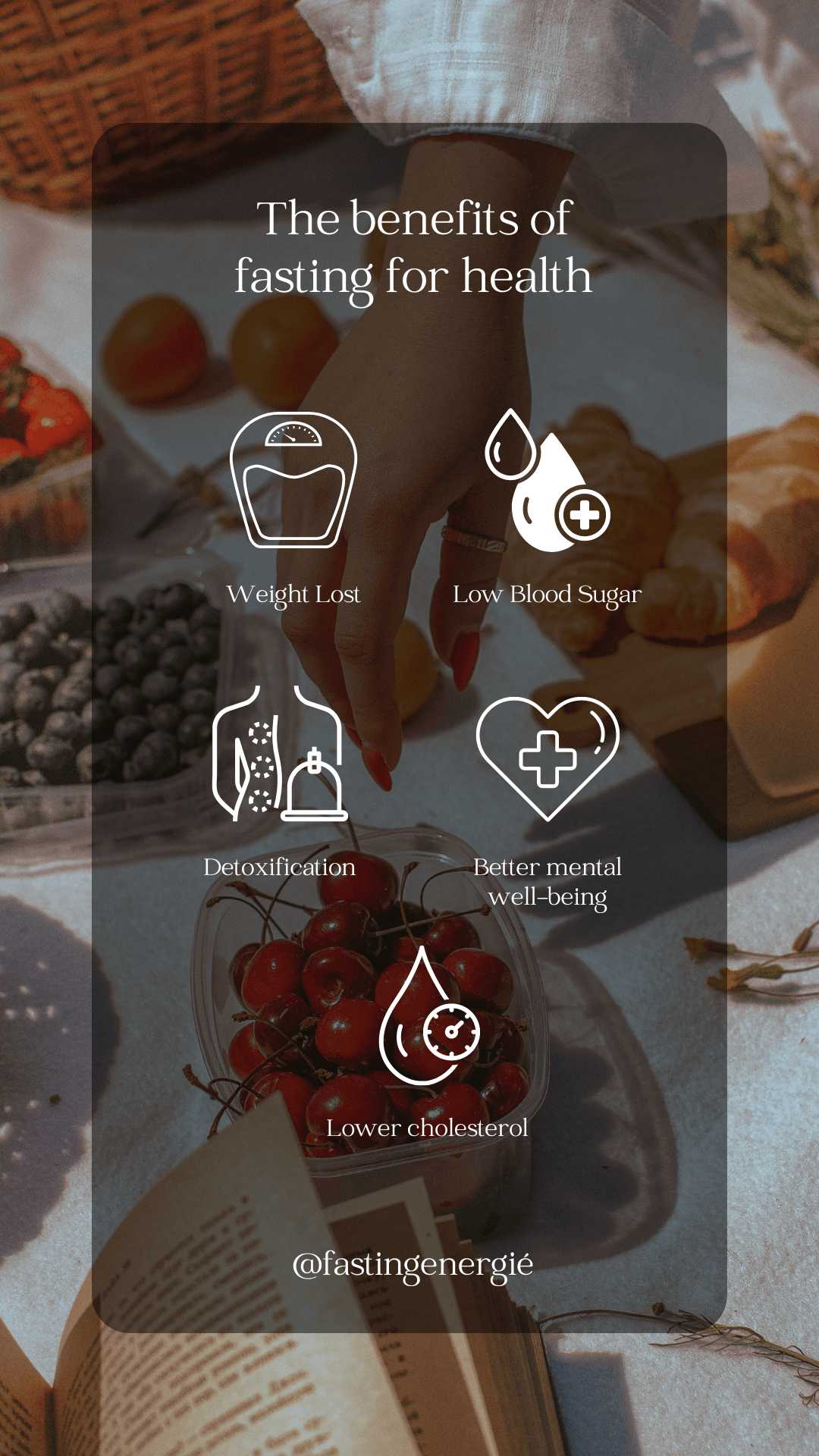10 Must-Have Fasting Supplements That Transform Your Fast!
Begin your fasting journey with confidence and success! In this blog, “10 Must-Have Fasting Supplements That Transform Your Fast!”, you’ll learn about the vital supplements that can dramatically improve the benefits of your fasting routine. Learn how particular minerals such as potassium, magnesium, and iron can help your body function, reduce discomfort, and increase the efficiency of your fast. Whether you’re a seasoned faster or just starting out, this guide will teach you how to safely and effectively combine these crucial vitamins, resulting in a better, more lasting fasting experience. Prepare to transform your fasting regimen and reach your wellness objectives with ease!

Water-soluble Vitamins
Benefits and Types: Vitamins B and C
Water-soluble vitamins, such as Vitamin C and the B-complex vitamins, are essential for maintaining overall health and aiding a variety of biochemical activities. Vitamin C is essential for immunological function, collagen formation, and serves as a powerful antioxidant. B vitamins, on the other hand, are essential for energy production, cognitive function, and the formation of red blood cells. These vitamins are not retained in substantial quantities in the body and require constant replenishment, particularly when regular dietary intake is disturbed during fasting.
Recommended Dosages and Timings During Fasting
Fasting individuals must maintain enough quantities of these vitamins to sustain metabolic functions and overall health. Vitamin C can be given in amounts ranging from 500 mg to 1,000 mg per day. B vitamins should be taken as part of a B-complex supplement, which has a balanced spectrum of all eight B vitamins and is normally taken once day. If you are intermittent fasting, take your B vitamins within a short eating window to avoid stomach distress.
Potassium
Role in Electrolyte Balance and Muscular Function
Potassium is a crucial mineral that helps the body maintain fluid and electrolyte balance, promote appropriate muscle function, and regulate heart rhythm and nerve messages. Maintaining potassium levels while fasting, particularly for extended periods without eating, is critical to avoiding electrolyte imbalances, which can cause muscle cramps, weakness, and cardiovascular difficulties.
How to Supplement Potassium Safely During Fasting
Potassium can be safely replenished when fasting with over-the-counter potassium chloride or citrate supplements. Typical doses vary from 99 mg to 100 mg, although large doses should be avoided to prevent hyperkalemia, a severe condition caused by elevated potassium levels. Incorporating potassium-rich foods such as bananas, oranges, and spinach into your daily diet will also help you maintain proper potassium levels.
Magnesium
Importance of Energy Production and Nervous System Health
Magnesium is another vital mineral that regulates over 300 enzymatic activities, including protein synthesis, muscle and neuron function, blood glucose management, and energy production. It also promotes the health of the neurological system and aids in the regulation of other minerals and vitamins, including calcium, potassium, and vitamin D.
Guidelines for Magnesium Supplementation when Fasting
During fasting, magnesium supplementation can assist balance nutritional deficits and support the body’s elevated demands due to stress and metabolic changes. A standard prescription for magnesium supplementation is 200-400 mg per day, which can be taken in the form of citrate, oxide, or glycinate. These versions are well-absorbed and can be taken during the meal window to prevent the laxative effects that other magnesium supplements may have on an empty stomach.
Sodium
Maintaining Fluid Balance and Avoiding Hyponatremia
Sodium is an essential electrolyte that maintains fluid equilibrium in the body and supports neuron and muscle function. Maintaining adequate sodium levels while fasting is critical because imbalances can result in hyponatremia, a condition in which salt levels in the blood fall dangerously low. This can result in headaches, disorientation, seizures, and exhaustion.
Proper Sodium Intake During Fasting
When fasting, especially for extended periods of time or while eating extremely low-calorie diets, it is critical to get enough salt levels. This can be remedied by drinking broth or adding a tiny amount of salt (sodium chloride) to water. The recommended amount varies depending on individual needs and the duration of the fast, but in general, 500 mg to 2,000 mg each day can assist maintain sodium balance while preserving the benefits of fasting.
Creatine
Advantages of Energy Storage and Physical Performance
Creatine is a chemical that helps deliver energy to cells, particularly muscle cells, by promoting the synthesis of ATP (adenosine triphosphate), the cell’s energy currency. Creatine supplementation can improve physical performance, muscular mass, and recuperation during training.
Use Creatine While Fasting for Better Muscle Preservation
Creatine supplementation can be advantageous when fasting, especially if muscle breakdown is a concern. It preserves muscle mass and strength by supplying energy to muscle cells and decreasing protein breakdown. Creatine can be consumed during a fasting period because it has no calories and will not disrupt the fast. The typical daily dose is between 3 and 5 grammes.
Electrolyte Supplements
Complete Care for Electrolyte Management
Electrolyte supplements contain a combination of vital minerals such as sodium, potassium, magnesium, and occasionally calcium, which aid in hydration and the regular operation of cells and organs. These are especially crucial while fasting to avoid the imbalances that can result from changes in fluid intake and nutrition.
Best Practices for Electrolyte Supplementation Without Breaking Your Fast
To replace electrolytes without interrupting the fast:
- Select calorie-free supplements: Look for electrolyte supplements that do not contain sugars, calories, or any other additions that may disrupt the fasting state.
- Think about timing: While some people like to take supplements at the start of the day, others may find it more advantageous throughout or at the end of the fasting period, especially if they are physically active.
- Monitor your body’s response: Vary the types and amounts of electrolytes based on how your body reacts, especially if you have muscle cramps, weakness, or changes in heart rhythm.
Sugar-Free Probiotics
Promoting Digestive Health and Microbial Balance
Probiotics are important for digestive health because they help to regulate gut flora. This balance is essential for healthy digestion, food absorption, and immunological function. During fasting, changes in food and eating habits can disrupt this microbial equilibrium, causing digestive discomforts such as bloating and irregular bowel movements.
How to Choose Effective Probiotic Supplements While Fasting
To avoid breaking the fast, use probiotics with no added sugar. Look for supplements with a high colony-forming unit (CFU) count and digestive health-promoting strains like Lactobacillus and Bifidobacterium. It is also advantageous to select probiotics with encapsulated or delayed-release qualities, which ensure that the bacteria survive the acidic environment of the stomach and reach the intestines properly.
Iron
Preventing Anaemia and Ensured Oxygen Transport
Iron is an essential mineral required for the formation of haemoglobin, a protein found in red blood cells that transports oxygen throughout the body. During fasting, particularly longer fasts or those that are not carefully controlled, there is a danger of iron deficiency, which can cause anaemia and symptoms such as weariness and weakness.
Safe Iron Supplementation during Fasting Periods
To safely supplement iron while fasting, consider stomach-friendly formulations such as ferrous gluconate, ferrous sulphate, or ferrous fumarate. To increase absorption, take these alongside a vitamin C supplement or drink. It is critical to avoid taking iron alongside dairy products or coffee, as they can reduce iron absorption.
Folic Acid
Critical for DNA synthesis and cell repair
Folic acid, or folate, is a B vitamin that is required for the formation and repair of DNA and other genetic material. It is also essential for good cell division, and it is especially important during times of fast cell division and expansion, such as pregnancy.
How to incorporate folic acid into a fasting regimen
Folic acid can be taken in combination with a multivitamin or on its own. It is especially crucial to ensure appropriate folate intake if your fasting diet does not include enough green leafy vegetables, lentils, or fortified foods, all of which are high in folate. Because folic acid contains no calories, it will not break a fast and can be consumed during fasting periods.
L-Tyrosine
Increasing Neurotransmitter Production for Improved Mental Focus
L-tyrosine is an amino acid that acts as a precursor for several key neurotransmitters, including dopamine, norepinephrine, and epinephrine. These neurotransmitters have critical roles in brain function, mood regulation, and stress response.
Tips for Taking L-Tyrosine While Fasting
L-tyrosine supplements might be especially beneficial during fasting to preserve mental clarity and focus, which can fade during extended periods without eating. A common dose is between 500 and 2,000 mg, taken 30 minutes before tasks that need mental attention. L-tyrosine is an amino acid that does not contain calories, therefore it will not technically break a fast; however, its use should be adapted to individual responses when fasting.
By including these supplements into your fasting practice, you may meet your body’s nutrient requirements, improve your fasting experience, and stay healthy throughout periods of low food intake.
Frequently Asked Question
u003cstrongu003eCan I take omega 3 while fasting?u003c/strongu003e
Yes, you can take omega-3 supplements while fasting. They are typically derived from fish oil and do not contain calories that would break a fast. They can help support heart and brain health.
Can I take vitamin D while fasting?
Yes, vitamin D can be taken during fasting periods. Since it is fat-soluble, it’s best taken with a small amount of fat for better absorption, but it generally does not impact the fasting state.
Are fasting supplements safe?
Fasting supplements can be safe if they are used appropriately and chosen carefully. It’s important to select supplements that do not contain sugars or excessive fillers. Always consult with a healthcare provider before starting any new supplement regimen, especially during fasting.
What supplements should I take when fasting?
When fasting, consider supplements that support overall health without breaking the fast, such as:u003cbru003eMultivitamins (taken with zero-calorie fluids)u003cbru003eElectrolytes to maintain hydration and balance (especially if fasting for more than 24 hours)u003cbru003eFasting Salts (Magnesium, Zinc, Sodium) for additional support
Should I take vitamins while fasting?
Taking vitamins while fasting is generally considered safe and can help maintain nutrient levels, especially for longer fasts. However, fat-soluble vitamins (A, D, E, K) are best absorbed with meals, so timing these with your eating windows might be more beneficial.








Your words resonate with a timeless quality, as though they’ve been waiting to be discovered by someone ready to listen.
The elegance in your writing is apparent in every line, creating a sense of harmony that lingers.